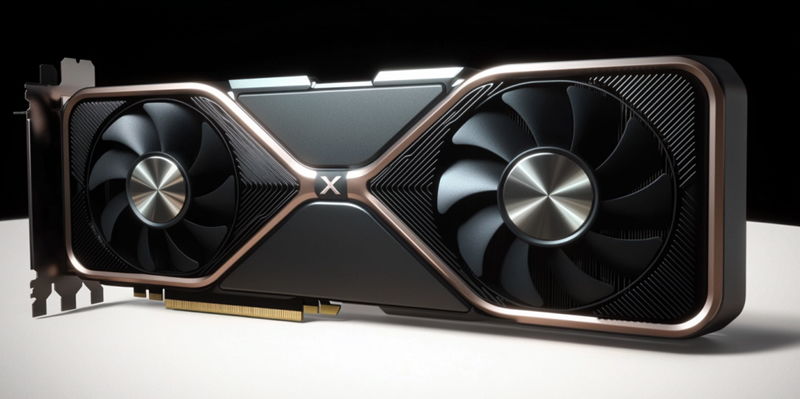NVIDIA’s forthcoming ARM-based "AI PC" chip is expected to debut around September 2025, with commercial production slated for 2026. The company, renowned for its graphics processing units (GPUs), is making strategic moves to enter and potentially disrupt the PC chip market—a domain long dominated by traditional CPU manufacturers like AMD and Intel. NVIDIA’s ambitions reflect a pressing need for innovation in the modern PC chip landscape, where existing solutions have struggled to captivate a broad consumer base. This effort is significantly amplified by NVIDIA’s collaboration with MediaTek, a leader in mobile chip design.
Working with MediaTek, NVIDIA aims to develop ARM-focused CPU and GPU platforms. MediaTek’s expertise, particularly from their "Dimensity" mobile platform, is expected to play a critical role. The partnership underscores a strategic move to create standalone CPU and GPU solutions versatile enough for various business applications. Such collaborations aim to address gaps in consumer and client segments, where current market offerings have often fallen short. The rumored specifications of NVIDIA’s new chip, potentially utilizing TSMC’s 3nm process, allude to substantial performance enhancements and efficiencies that could set new industry standards.
Specifications and Competition
The anticipated integration of NVIDIA’s next-gen integrated GPU (iGPU) solutions with MediaTek’s design prowess positions the new chip to compete with industry heavyweights like Qualcomm’s Snapdragon X Elite SoCs, as well as upcoming solutions from AMD and Intel. NVIDIA’s historical success with its "Tegra" SoCs shows that the company is no stranger to the complexities of custom chip development. Analysts suggest that if NVIDIA can effectively fill the gaps left by current CPU manufacturers, this new venture could significantly alter the market landscape. The use of advanced processes like TSMC’s 3nm not only promises performance gains but also efficiency improvements, making it appealing to a power-conscious market.
The integration of advanced GPU functionalities into the PC chip realm presents a fascinating twist to the conventional market dynamics. GPUs have already proven their worth in various computational tasks beyond mere graphics, such as AI and machine learning applications. By making these advancements integral to PC chips, NVIDIA could potentially create a new market segment catering to high-performance computing needs across consumer and enterprise levels. These innovations align with the growing demand for more versatile and sophisticated computing capabilities in personal and professional environments.
Market Implications
NVIDIA’s upcoming ARM-based "AI PC" chip is expected to launch around September 2025, with commercial production beginning in 2026. Known primarily for its GPUs, NVIDIA is strategically positioning itself to potentially disrupt the PC chip market, a field traditionally dominated by AMD and Intel. This move highlights a critical need for innovation in the current PC chip landscape, where existing options have had limited appeal to a broader consumer base.
To bolster this initiative, NVIDIA is collaborating with MediaTek, a prominent mobile chip designer, to develop ARM-focused CPU and GPU platforms. MediaTek’s expertise, particularly from their "Dimensity" mobile platform, is expected to be instrumental. This partnership marks a strategic attempt to create standalone CPU and GPU solutions that can cater to diverse business applications. By addressing gaps in existing consumer and client offerings, this collaboration aims to offer more compelling alternatives. NVIDIA’s new chip, rumored to use TSMC’s 3nm process, promises significant performance and efficiency improvements that could set new industry standards.

